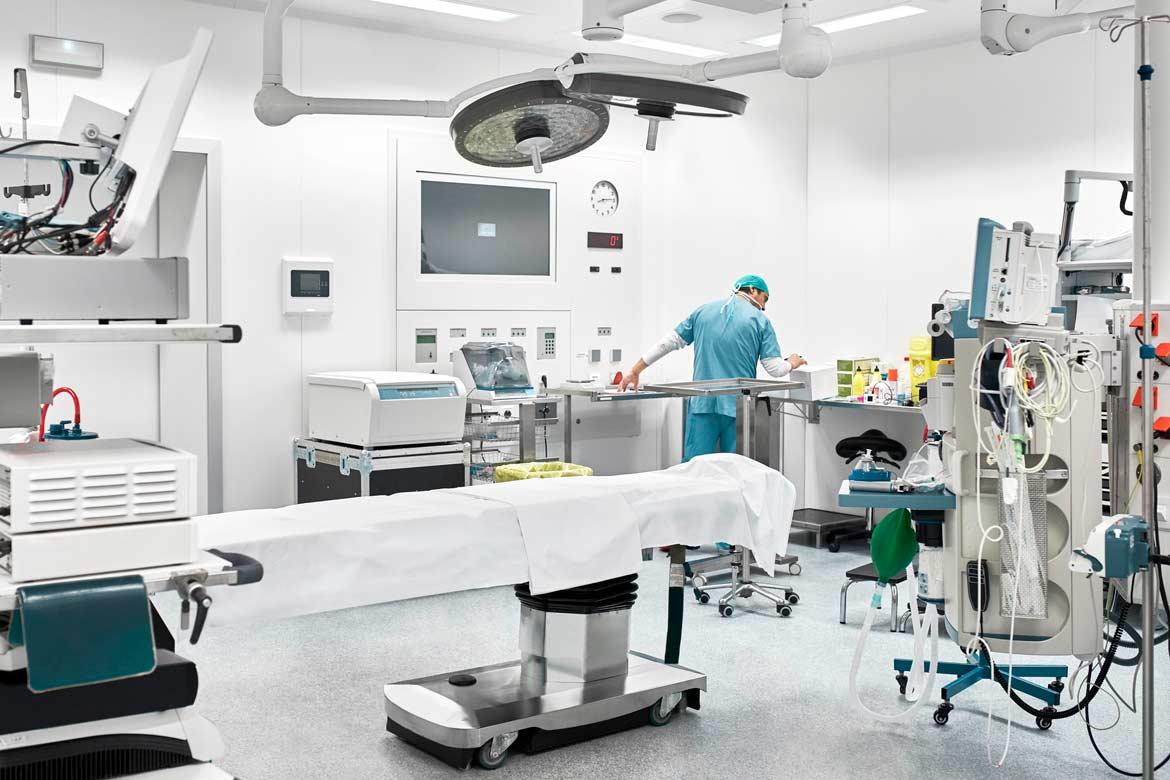
Stomach (Gastric) Cancer
Frequently asked questions
A: An ultrasound can detect potentially cancerous tumours, but it cannot confirm a cancer diagnosis on its own. It is also unable to produce images with the same clarity or resolution as other imaging tests such as CT or MRI scans.
A: Cancers of the stomach may cause lower back pain. Depending on its position, the tumour may press against nerves or surrounding organs, or it may obstruct the digestive tract, leading to back pain.
A: Stomach cancer can occur in younger people, although the risk is lower than in older people (aged 60 – 80 years).
A: You can’t prevent stomach cancer, but there are things you can do to lower your risk:
- Get proper treatment for Helicobacter pylori (H. pylori) if you test positive for it. This bacterial infection is a substantial risk factor for developing stomach cancer.
- Limit the consumption of alcohol and tobacco products.
- Change lifestyle or eating habits and maintain a healthy weight.
A: Having a family history of stomach cancer may increase the risk of certain types of stomach cancer.
Around 1 – 3% of stomach cancers are hereditary diffuse gastric cancers, a rare inherited type of cancer that grows in the stomach.
A: Stomach ulcers are usually caused by an infection of the Helicobacter pylori (H. pylori) bacteria, which is a risk factor for stomach cancer.
A: If you undergo a partial gastrectomy, you can expect to:
- Stay in the hospital for 3 – 5 days after surgery
- Have some weight loss for 4 – 6 weeks
- Resume normal eating patterns 3 – 6 months after surgery
If you undergo a total gastrectomy, you can expect to:
- Stay in the hospital for 5 – 8 days after surgery
- Have weight loss for at least 2 months
- Adjust to a new diet as your digestive system heals
Many people experience symptoms of dumping syndrome after gastric surgery. This happens shortly after eating when food enters the intestine too quickly. Symptoms include:
- Cramps in the abdomen
- Pain
- Diarrhoea
- Lightheadedness
A: Stomach cancer is typically slow-growing cancer that takes years to develop. It generally shows no signs or symptoms in the early stages. As the disease grows slowly over many years, a variety of symptoms can develop.
A: Abdominal bloating can be a sign of stomach cancer.
However, it is also a common symptom found in many other gastrointestinal conditions. If you frequently experience stomach bloating after meals, consult your doctor for a proper diagnosis.
This coverage checker is brought to you by Health Insured, an online resource that helps you understand your health coverage in Singapore.
This page has been reviewed by our medical content reviewers.
Need help?
For enquiries, please call
+65 6250 0000 (Orchard) or +65 6898 6898 (Novena)
For appointment bookings, please WhatsApp
+65 8111 7777 (Orchard) or +65 8111 5777 (Novena)
 Brain & Spine Care
Brain & Spine Care





